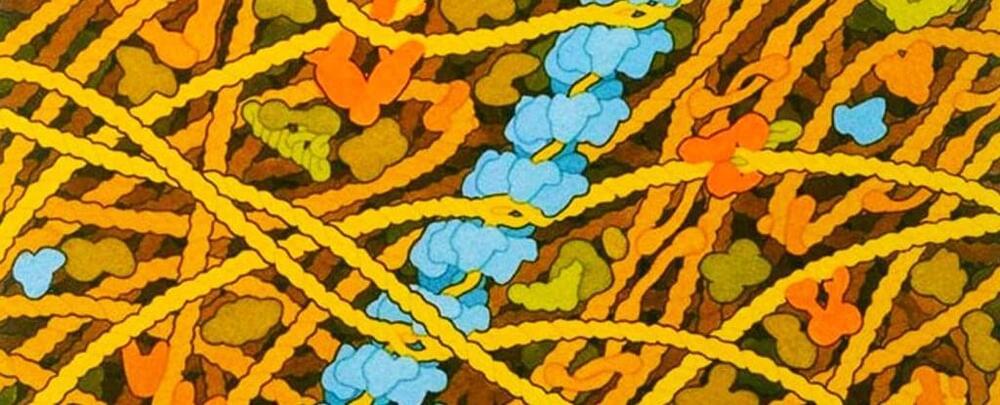Fixing breaks in genes with speed and perfection can be a matter of life and death for most organisms. Even the simplest changes in a sequence risk catastrophe, especially if the altered code is responsible for a critical function.
Over the past half a century, biologists have studied the mechanisms involved to piece together most of the major steps involved in making faithful repairs in DNA. Yet, one part of the process has remained frustratingly unclear.
By marking key enzymes and DNA with fluorescent tags and watching the repair process unfold in real-time in an Escherichia coli model, researchers from Uppsala University in Sweden have filled in missing details on how bacteria find the templates they rely on to keep genetic repairs error-free.
